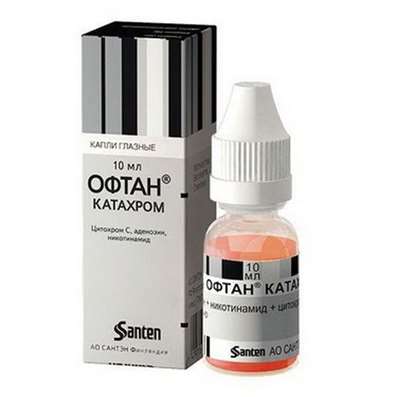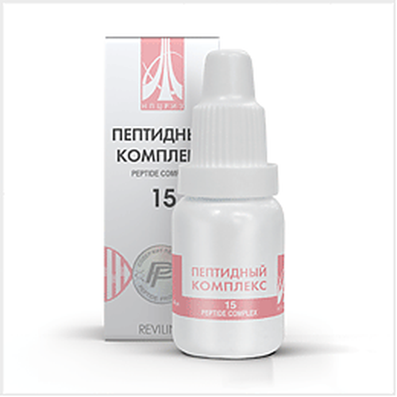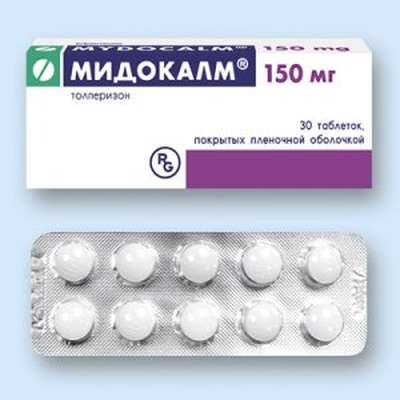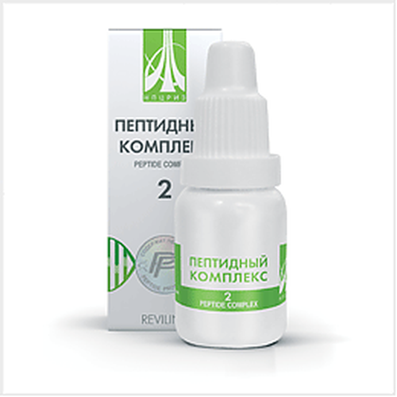Instruction for use: Bacteriophagum Pseudomonas aeroginosa
I want this, give me price
Trade name of the drug – Bacteriophage Pseudomonas aeroginosa fluid
The Latin name of the substance Bacteriophagum Pseudomonas aeroginosa
Bacteriophagum Pseudomonas aeroginosae (genus. Bacteriophagi Pseudomonadis aeroginosae)
Pharmacological group:
Vaccines, serums, phages and toxoids
Model clinical-pharmacological article 1
Pharmacotherapy. It has the ability to specifically lyse bacterium Pseudomonas aeruginosa.
Indication. Purulent inflammatory diseases caused by streptococci: ENT organs, respiratory tract, lungs (sinusitis, otitis, tonsillitis, pharyngitis, laryngitis, tracheitis, bronchitis, pneumonia, pleurisy) and gastrointestinal tract (gastroenterocolitis, cholecystitis, intestinal dysbacteriosis); Surgical infections (purulent wounds, burn, mastitis, abscess, phlegmon, carbuncle, hydradenitis, panaritium, paraproctitis, bursitis, osteomyelitis); Urogenital infections (urethritis, cystitis, pyelonephritis, colpitis, endometritis, salpingo-oophoritis), purulent-inflammatory diseases of newborns and infants (omphalitis, pyoderma, conjunctivitis, gastroenterocolitis, sepsis); Generalized septic diseases. For prevention - treatment of postoperative and freshly infected wounds, as well as for the prevention of nosocomial infections due to epidemic indications.
Contraindications. Hypersensitivity.
Dosing. Inside. Enterocolitis, diseases of internal organs, intestinal dysbacteriosis - 3 times a day for 1 hour before meals. For 1 admission up to 6 months - 5 ml, 6-12 months - 10 ml, from 1 to 3 years - 15 ml, from 3 to 8 years - 20 ml, from 8 years and older - 30 ml.
Rectal once a day (in the form of an enema) in combination with a double intake. For 1 admission up to 6 months - 10 ml; 6-12 months - 20 ml; From 1 year to 3 years - 30 ml; From 3 to 8 years - 40 ml; From 8 years and older in enema - 50 ml.
Local for 7-20 days with therapy of purulent-inflammatory diseases with localized lesions.
In the case of treating the cavity of the purulent focus with chemical antiseptics, before using the bacteriophage, wash the cavity with a sterile 0.9% NaCl solution.
Purulent wounds - in the form of irrigation, applications, bandages, introduction through the drainage at least 1 time per day. With abscesses after opening and removal of purulent contents, the drug is administered in an amount less than the volume of the removed pus. In drained cavities daily 1 time a day - 20-200 ml.
Osteomyelitis - 10-20 ml in the wound cavity through the turunda, drainage.
Introduction to the cavity (pleural, articular and other limited cavities) - up to 100 ml of bacteriophage, leaving capillary drainage, through which for several days the bacteriophage is re-introduced.
Purulent-inflammatory gynecological diseases - 5-10 ml daily once a day in the vagina cavity, the uterus.
Purulent-inflammatory diseases of ENT organs - 2-10 ml 1-3 times a day in the cavity of the middle ear, nose. Bacteriophage is used to rinse, rinse, instill, inject wetted turund (leaving them for 1h).
Cystitis, pyelonephritis, urethritis - 20-50 ml in the bladder and 5-7 ml in the renal pelvis through the cystostomy or nephrostomy.
Children up to 6 months. Sepsis, enterocolitis of newborns, including premature infants, 2-3 times a day in the form of high enemas (through the gas pipe or catheter). In the absence of vomiting and regurgitation, the drug is used inside, mixing with breast milk. A combination of rectal and oral administration of the drug is possible. The course of treatment - 5-15 days, with recurrent course of the disease, it is possible to conduct repeated courses of treatment. For the prevention of sepsis and enterocolitis with intrauterine infection or the risk of nosocomial infection in newborns, the bacteriophage is used as an enema 2 times a day for 5-7 days.
Omphalitis, pyoderma, infected wounds - 2 times a day every day in the form of application (gauze napkin moistened with a bacteriophage and put on the umbilical wound or the affected area of the skin).
Side effect. Not described.
Special instructions. The use of a bacteriophage does not exclude the use of other drugs, including antibacterial and anti-inflammatory drugs.
An important condition for effective phage therapy is the preliminary determination of the pathogenicity of the pathogen.

 Cart
Cart





